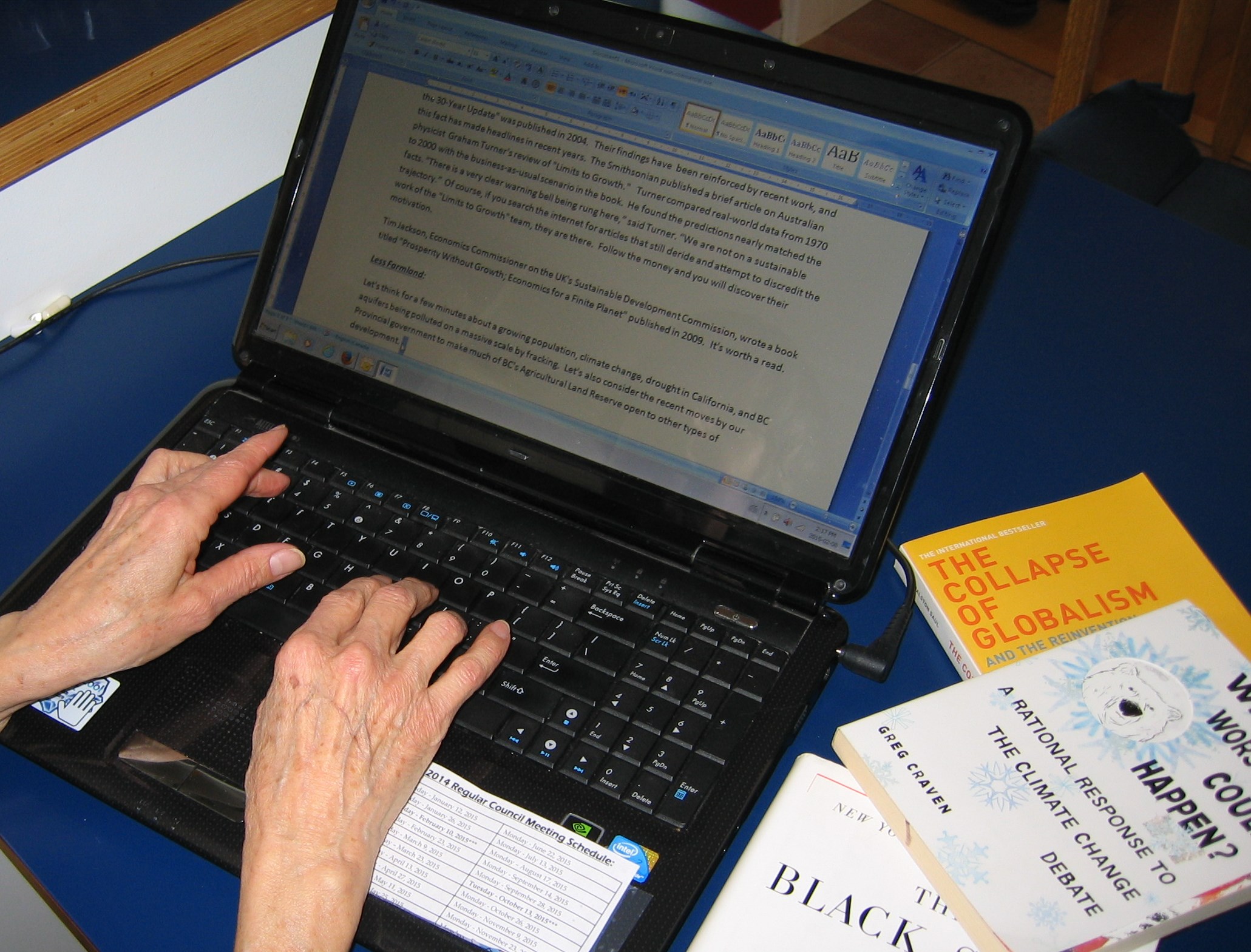Improving Parliament: can we do it?
It’s summertime. We’re all on holiday, right? Who wants to think about stuff like governance at this time of year? On the other hand, can we afford to stop thinking about it, given how things are at the highest levels of Canadian politics?
I say we need a fundamental change in the dynamics of Parliament, and that electoral reform can help.
Look at our Parliament in action: in Question Period, insults and accusations are exchanged, barbs and spears in verbal form zing back and forth between the Opposition and whichever party is in power. Tell me, gentle readers (and voters) ― how does this solve any of the multiple serious and urgent problems facing our country? Why are we paying our politicians to waste precious parliamentary time in crude and unproductive partisan posturing?
If you want to see proof of that rude and crude behaviour, go to the CPAC digital archives and check out Question Period for February 22, 2016 (or, possibly, any other date). You can watch a useless display of partisan spin-doctoring for nearly an hour on that clip. No matter which party you favour, you are likely to conclude that this is no way to achieve anything useful for our country. If you don’t conclude that, I despair of you!
Some form of proportional representation (PR) seems to be the option favoured by a majority of those responding to polls. If PR resulted in fewer false majorities -— majorities based on less than a majority of the popular vote — would the parties spend less time engaging in vituperative exchanges, and instead put their minds to solving problems by working together, and basing decisions on the best available information instead of ideology?
Back in the 338 ridings in our country, Members of Parliament (MPs) tend to interact more with the supporters of their own party — not necessarily because they choose to, but because supporters of their own party are so much more likely to turn out to community events such as Town Hall meetings that they host.
If we had a form of proportional representation that resulted in more than one MP per riding, would more constituents be willing to engage?
When an election looms, political parties decide where to focus their efforts: usually in “swing” ridings ― those where the parties think they have a chance, but are not sure of electing an MP. The “safe” ridings don’t require as much investment of time and money to ensure a win; and the ridings where a party knows it can’t get elected would be a waste of resources.
With proportional representation, parties should spend their resources more evenly, giving more voters the benefit of their attention. If we have Mixed Member Proportional (MMP), which results in some “top-up” members being chosen from party lists to achieve proportionality based on the support shown by voters on the “party” section of the ballot, would parties be more willing to focus on their own policies, and spend less time (ideally, NO time) attacking other parties? Or would the nastiness continue unabated? Perhaps another question is, how can citizens discourage “attack campaigning”?
Thinking humans have been deploring the state of political debate and rhetoric for a very long time, as author Mark Thompson points out in his recent book “Enough Said: What’s Gone Wrong With the Language of Politics?” A review of the book by Andrew Rawnsely in the Guardian states that debate in politics has become “increasingly infantilized. Argument has turned ruder, cruder, and less anchored in facts.” That statement is very difficult to argue with, given the blatantly conflicting statements of “fact” issuing from the mouths of different public figures.
Many citizens crave a more courteous and purposeful government, in which all elected members work together for the greater good and do not waste time, paid for by taxpayers, trying to tear each other down.
Proportional representation may not achieve that fully, but it could create a Parliament in which compromise and co-operation are necessary between parties, and that could encourage greater civility and better decision-making.
But wait. That isn’t enough. Electoral reform needs to encompass more than just our voting system. The buying of influence by large political donations from corporate entities is arguably a form of institutionalized corruption; certainly it appears that way. Here in BC, we may be about to limit the extent of that corruption. Limiting it nationally would improve the integrity of our political process, and its outcomes for our nation as a whole. Let’s work toward that. As soon as our summer holidays are over.


























Comments